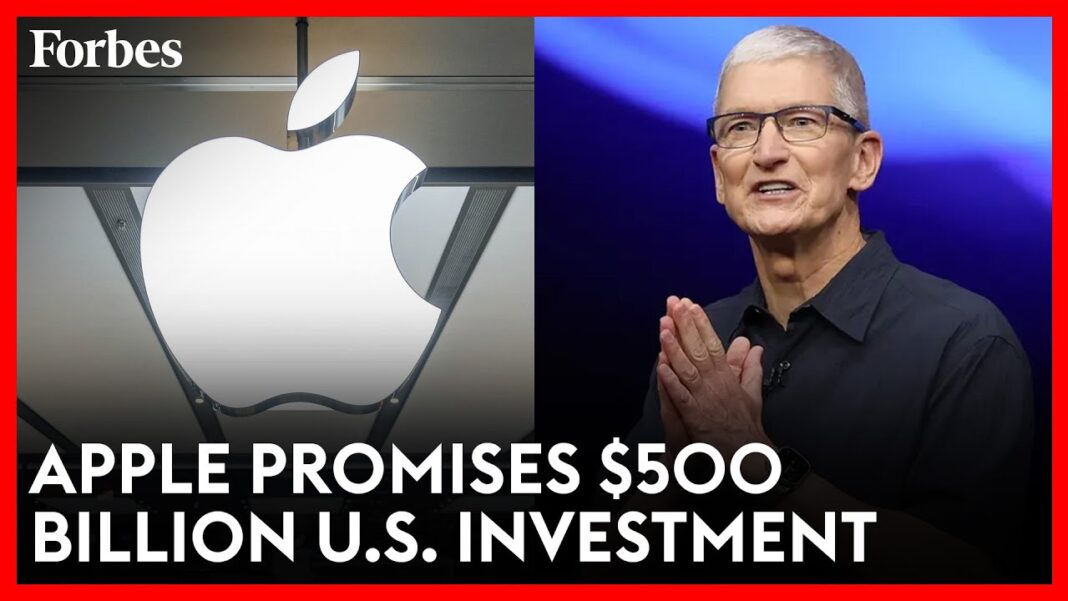I asked the same question a few weeks ago. Today, the flying start of President Trump’s second term shows a dramatic gap between the priorities, goals, and approach of the new American administration, and the current ability of Europe to keep up with Trump’s pace. More or less hope for Europe?
Expectedly, the hottest topic is the Russo-Ukrainian war. Defense Secretary Pete Hegseth’s stance that it is unrealistic to expect Russia to withdraw beyond the borders of 2014, as well as Ukraine to join NATO, stirred up a fierce response. Trump’s phone call with Putin, Vice-President Vance’s speech at the NATO Security Conference in Munich, and Trump’s “dictator” comment on Ukrainian President Zelenskyy, have further unleashed a torrent of reactions. French President Macron urgently mustered an Emergency European summit on Ukraine, and German Chancellor Scholz condemned “Outsiders Intervening In Our Democracy”. Reactions in most European capitals, media, and social network range from “betrayal”, “America’s failure”, “mockery of Reagan’s legacy”, and “a new Molotov-Ribbentrop Pact”, to undisguised ridicule of Trump, Vance, Musk, and even Musk’s four-year-old child. Certainly, Europe has not been more excited since the fall of the Berlin Wall thirty-five years ago.
I will pass by the most unhinged part of the mass European reaction and focus on the Reagan-Trump comparison. Negatively implied historical parallels between the two presidents are based on the notion that Reagan’s approach to the Soviets in the 1980s was driven by a firm belief in freedom, while in a similar situation today, Trump is doing the opposite—to the detriment of Ukraine, Europe, and America itself. Really?
Some forty years ago, Reagan’s march against the “Evil Empire” began with the famous speech at the National Association of Evangelicals in 1983, echoing the Founding Fathers’ belief that “If we will not be governed by God, we must be governed by tyrants.” Within the speech, he reminded our nation’s need for “rule of law under God”, backed the restoration of prayer to public schools, raised his voice against “modern-day secularism”, and stood up against abortion that “would lead to a decline in respect for human life”. Reagan deeply understood that the big government is the problem and not the solution. For him, all this was the core of American freedom, which “We will never give away”. A political outsider who never saw himself as a “professional politician”, Reagan stunned even his inner circle with the “Evil Empire” call, thus confronting the decades-long Western political orthodoxy of appeasing the communists. Then, he initiated direct negotiations with the Soviets’ supreme leader. Shortly thereafter, Thatcher, Kohl, and Miteran applauded the epic fall of the Berlin Wall.
However, our European friends remember Reagan only with the spectacular end of his stance against the Soviets. Today, Europe has turned away from that understanding of freedom, brilliantly summarized by Reagan – religious freedom, freedom of speech, limited and accountable government, protection of the dignity of human life – including the unborn. Without that foundation, the entire concept of freedom is failing – which was the whole point of JD Vance’s speech.
It seems today’s Europe professes a modified, shortened version of freedom. Under it, you cannot publicly hold a Biblical stance on homosexuality, criticize Islam, protest abortion – or will be charged with a “hate crime”. Climate change is undisputed. No critical word on how WHO handled the COVID pandemic is permitted. If you raise concerns about national identity, immigration, or Brussels’ spending – you are a Neo-Nazi. When someone disagrees with the political establishment on Russia and Ukraine – this is “Russian disinformation”. Dissenting voices are suppressed, and the media complies willingly. Welcome to the dreamland of a green economy, pink reality, half-truths, and groupthink. How dare Vance?!
Well, in America we dare. While fiercely disagreeing with each other, there is nothing we cannot speak about. Until recently, Americans were also forced to endure open borders, green policy restrictions, wasteful federal spending, and DEI insanity. Unlike Europe, Americans did not assent that the government and media could define their values and control their decisions. Free speech gave them a choice.
Trump’s rise in the political scene resulted from government overreach, clearly seen by the people as a threat to their freedom. Americans’ common sense has never accepted the elitist delusion of “professional politicians”, being deeply skeptical of anyone running for office without first proving himself in a “real job” or business. After a brief lurch in the “European direction” with costly experiments with Obama and Biden, they chose the man who confronted “the system” and paid an enormous price for that. “We The People” against the tyranny in power, populism against elitism – that’s the very heart of American understanding of freedom, still misunderstood in Europe. The same freedom, passionately defended by two great American presidents four decades apart.
It was hard for me to understand the prevailing anti-Trump stance of my Eastern European friends. How can someone who lived under socialism buy the talking points of the radical American left? Then, I realized that living under oppression does not make you a freedom-lover. To become one, you should give up the comfort of a collectivistic mindset, easy answers, and groupthink. Restricted speech gives you half-truths, thus you have half freedom – which is not freedom at all.
And now, Trump is approaching the Russia-Ukraine mess the same way he won the Presidency – by speaking his mind, not sparing the truth, raising tough questions, and applying common sense. Was the war preventable? Putin is the aggressor – but what did Zelenskyy, Biden, and Ursula von der Leyen do to stop him? What was their strategy – more war, killings, and destruction? Is not “Glory to Ukraine” chant a cheap indulgence to a suffering nation vainly hoping for peace? OK, warriors, let’s imagine Russia defeated (provided the world escapes nuclear destruction). Or even – scattered in pieces – with each one taking a part of Russia’s nuclear arsenal. As a bonus – China will be bordering the US, just across Alaska. Is that your vision for a more peaceful world?
Under Reagan, the falling of the walls was applauded. Today, а new generation of European leaders are offended by JD Vance’s speech and grumble behind the newly erected globalist curtain. Ukraine is not only a political and humanitarian disaster – it is Europe’s current diagnosis. The ongoing war is used by the political establishment as an alibi for self-inflicted and fully preventable crises slowly overpowering the Old Continent – heavy bureaucracy and regulations, suicidal energy policy, political ineffectiveness, uncontrolled immigration, and growing government suppression of speech and individual freedoms. European leaders’ easy response to all this – Glory to Ukraine!
Sorry, JD, you tried. For now, the hope for Europe is deferred.






